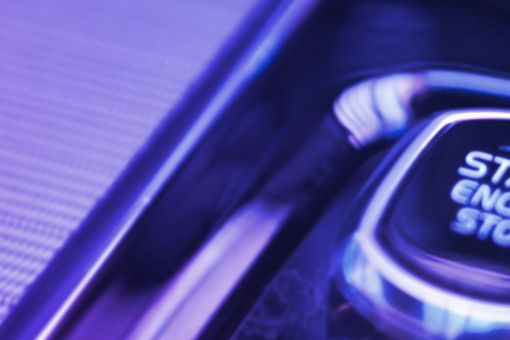Disruptive trends such as self-driving cars or cloud computing, as well as increasing regulation, are driving rapid development of cybersecurity requirements in the automotive industry. The necessary implementation of various control mechanisms presents the industry with complex tasks. How far are companies - and where are the greatest challenges? This is highlighted in the new study “Automotive Cyber Maturity Report 2022”.
Small group of companies clearly leading the way
The topic is becoming more relevant: 280 surveyed managers from 160 companies (87 percent suppliers, 13 percent vehicle manufacturers/OEMs) took part – four times as many compared to the previous study in 2021. Mature organizations see cyber security as a holistic task that covers all essential areas, starting with the supply chain throughout the product life cycle. This end-to-end safety is the most relevant seal of quality. Less mature companies, on the other hand, are more limited: Your focus is more on aspects of product development.
The study shows that a small circle of manufacturers and suppliers is leading the way, while a large group of companies have just started to ensure complete safety for customers and business models as well as road users. The most developed companies already secure key business areas equally.
Skills shortage worries the entire industry
Respondents also state that the skills shortage, which was already considered very relevant in the 2021 survey, continues to concern them. A lack of cybersecurity skills is of most concern to the industry - regardless of the maturity of the company.
Also complex for companies is cybersecurity budgeting. Almost 50 per cent of respondents see this as a "major challenge". Representatives of established companies report constant and increasing budgets, while younger, smaller companies often lack fixed budgets - and in some cases the budgets are even unknown.
Jan Stoelting
Partner, Consulting
KPMG AG Wirtschaftsprüfungsgesellschaft





